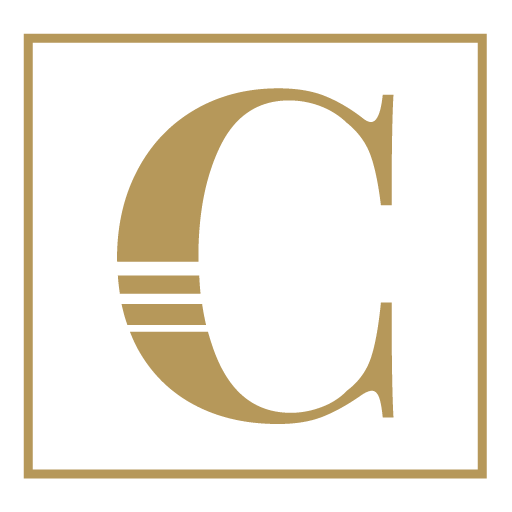You would think that with many years of experience representing whistleblower and personal injury clients, not much would surprise me. And usually it doesn’t.
Yet when I learned of the $1 billion Medicare scam – the largest Medicare scam in U.S. history – I was stunned and indignant. And you should be too. This news broke in mid-April, 2019, just as most Americans are laboring over their taxes. It dawned on me that when I wrote my check to Uncle Sam on April 15th, I was one of the millions of American taxpayers paying for these fraudsters’ ill-gotten gains, which included exotic cars, extravagant yachts, and luxury real estate all over the world.
How does healthcare fraud happen?
One billion dollars. How does something like this happen? Sadly, healthcare fraud can sometimes be relatively easy to get away with, and it happens often.
Of the $2.8 billion recovered by the Department of Justice in 2018, $2.5 billion
(almost 90%) involved the healthcare industry.
Much of healthcare fraud is aimed at federally funded programs like Medicare, Medicaid, and TRICARE (healthcare for military families). Cheating the government has become so rampant that one federal prosecutor who led a Medicare Fraud Task Force likened healthcare fraud investigations to the game of Whac-a-Mole – as soon as you knock one down, another one immediately pops up.
Who makes money from healthcare fraud?
Shockingly, some of the guilty parties have not only included physicians and hospitals, but also drug and medical device manufacturers, managed care providers, pharmacies, hospice organizations, and laboratories.
There are a lot of ways to make money from Medicare, Medicaid, and other government-funded programs. Upcoding has become a common type of fraud. It occurs when a medical professional provides one type of service but charges for a more expensive service, such as when a patient is treated for a sprained ankle but charged for a broken ankle.
Some providers might charge for medically unnecessary services – which can be harmful to the patient. A few years ago I represented a client whose cardiologist was implanting medical devices into Medicare patients when they weren’t needed. And he wasn’t even doing it correctly. But he was making a killing off the “easy” Medicare money.
Some entities will pay kickbacks to doctors, nurses, and other healthcare professionals.
This is what happened in the recent $1 billion Medicare scam. Medical equipment companies paid kickbacks to an offshore call center, which then bought TV and radio ads targeting Medicare recipients. Calls responding to the ads were routed overseas to call centers run by members of the conspiracy, who would then “up-sell” the caller to try to persuade them to accept multiple “free” or “low-cost” knee, shoulder, back, and wrist braces. The caller was then referred to medical staff working with fraudulent telemedicine companies who would order the braces (on Medicare’s dime) whether the caller wanted them or not.
Thankfully, so many seniors and their caregivers complained to Medicare about receiving boxes and boxes of unwanted braces in the mail that the criminals were caught. 24 individuals were arrested (including some in North Carolina) in a pre-dawn takedown, not unlike that of drug traffickers.
Carolina Whistleblower Attorneys stand ready to guide you
While this scheme was not uncovered by a whistleblower, it is an example of how widespread healthcare fraud has become.
Many people are privy to healthcare fraud. Are you? If you believe you may be, contact us or call 1-888-292-8852.
We know it is not always easy to come forward, despite the rewards a whistleblower could potentially receive. That is why we have a You-First Policy in place. We will try to help you determine — confidentially and discretely — if you should move forward with a whistleblower claim.
Similar Articles
Healthcare Fraud | March 07, 2024
Medicare Catheter Fraud Could Cost the Public $2 Billion
On January 9, 2024, The Washington Post and The New York Times reported on a...
Healthcare Fraud | March 16, 2023
What Is a Healthcare Kickback?
Each year, the Department of Justice’s False Claims Act recoveries are mostly from fraud in...
Healthcare Fraud | October 05, 2022
NC Healthcare Fraud Case Underscores Need for Whistleblowers
On June 23, 2022, the Department of Justice announced the indictment of a Charlotte-area physician...
Contact the Carolina
Whistleblower Attorneys
If you’re wondering if it’s a good idea to speak with a whistleblower lawyer about what you know, let us set the record straight.
- Corporate ethics hotlines can be risky and may lead to termination. If you’ve already done this, call us immediately.
- Your coworkers could be aware of the fraud – or complicit in it – and you should not talk to them about it.
- The first claim to be filed under the False Claims Act can proceed – if you’re not first, you’re at a serious disadvantage and may get nothing (another reason not to speak to your coworkers about it).
- A confidential discussion costs you a few minutes, but could save you time, stress, and money.
"*" indicates required fields
